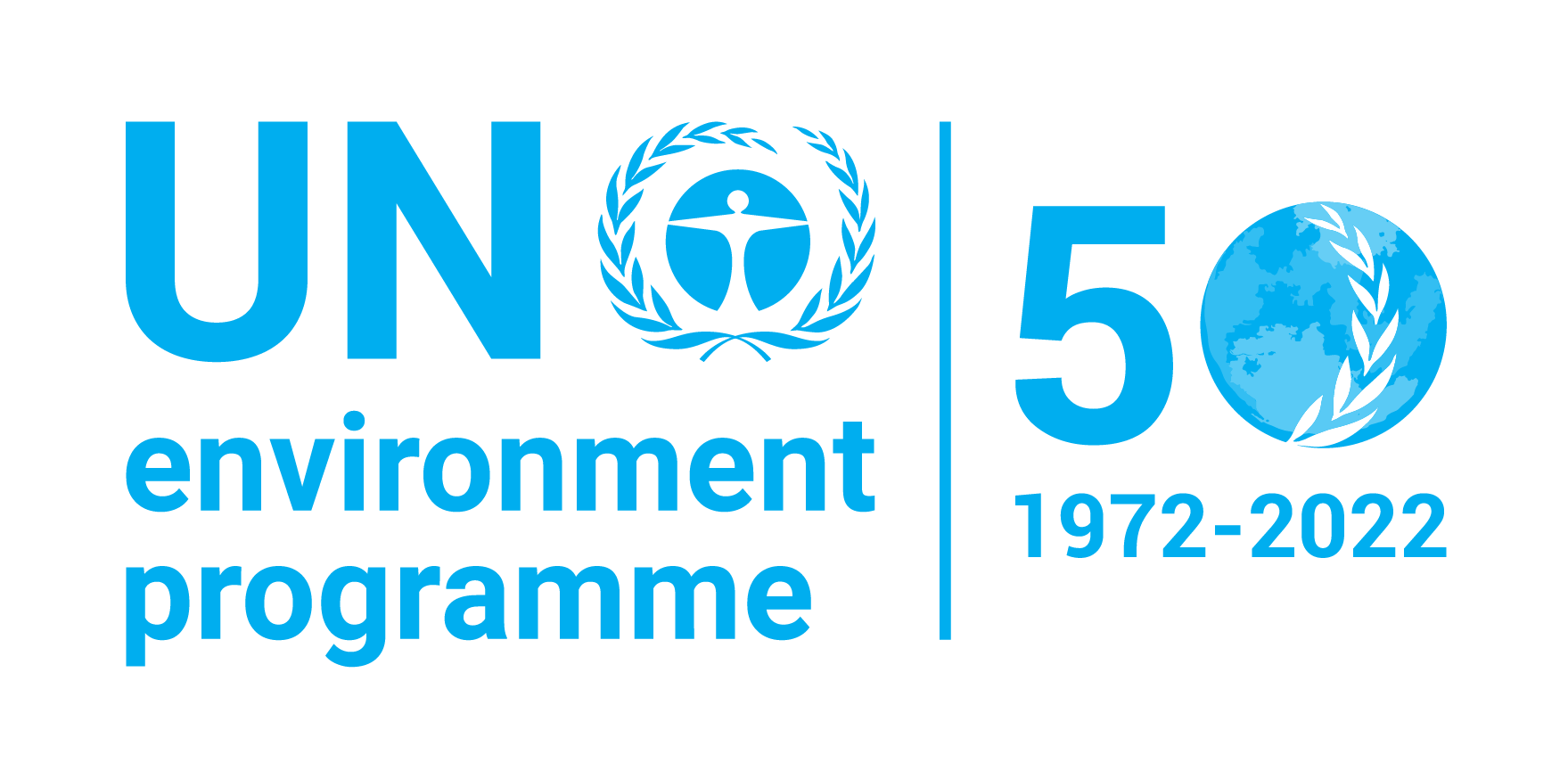| dc.contributor | International Resource Panel | |
| dc.contributor.author | United Nations Environment Programme | |
| dc.contributor.author | International Resource Panel | |
| dc.date.accessioned | 2016-10-11T19:58:48Z | |
| dc.date.available | 2016-10-11T19:58:48Z | |
| dc.date.issued | 2016 | |
| dc.identifier.uri | http://hdl.handle.net/20.500.11822/7678 | |
| dc.description | Food systems fundamentally depend on natural resources, such as land, soil, water, biodiversity, minerals, biomass and fossil fuels. Key statistics show that in many cases these resources are not currently managed sustainably or efficiently: an estimated 33% of soils are moderately to highly degraded due to erosion, at least 20% of the world’s aquifers are overexploited,
over 80% of the input of minerals (e.g. phosphate) do not reach consumers’ plates and 29% of ‘commercial’ fish populations are overfished. Due to population growth, changes in dietary patterns driven by growing wealth (more meat, dairy and fish consumption) and climate change, the pressures on natural resources are expected to increase over the coming decades. This will lead to risks for future food production. A fundamental transformation of our food systems is required if we are to meet future demands of food and quality of life for present and future generations. | |
| dc.language | English | |
| dc.relation.ispartof | IRP Reports | |
| dc.rights | Public | en_US |
| dc.subject.classification | Resource Efficiency | |
| dc.title | Food Systems and Natural Resources: Building Resource-Smart Food Systems for Sustainable Development - Factsheet | |
| dc.type | Factsheetss | |
| wd.identifier.old-id | 12111 | |
| wd.identifier.sdg | SDG 12 - Responsible Consumption and Production | |
| wd.identifier.pagesnumber | 2 p. | |
| wd.identifier.sdgio | http://purl.unep.org/sdg/SDGIO_00000046 | |


